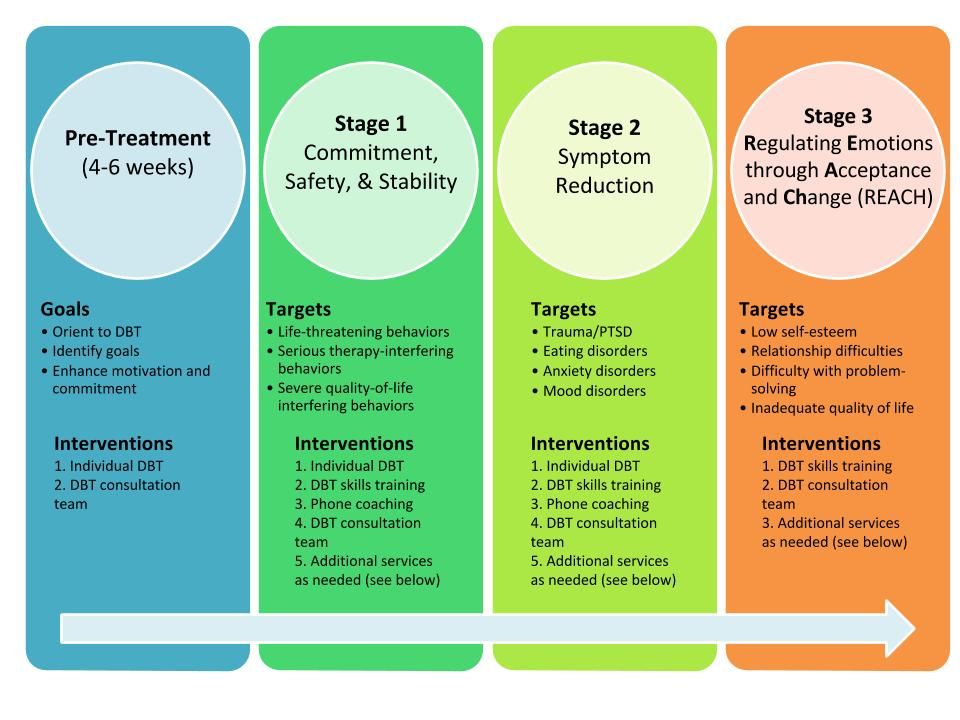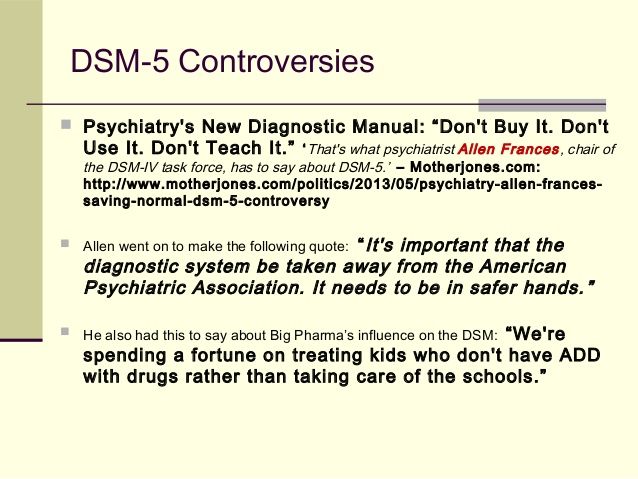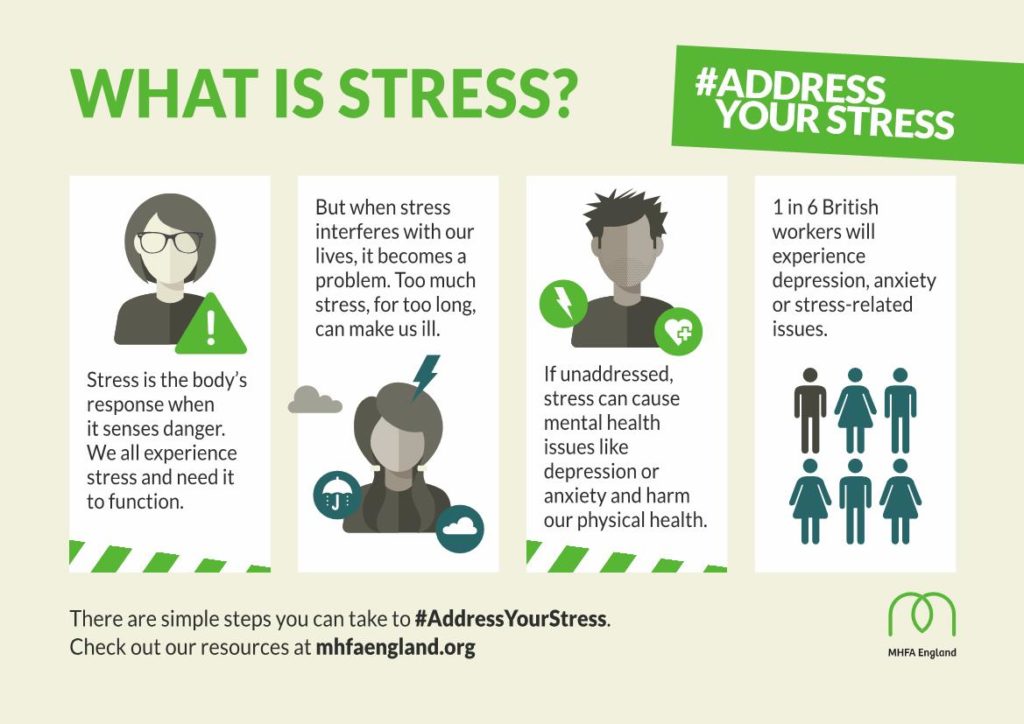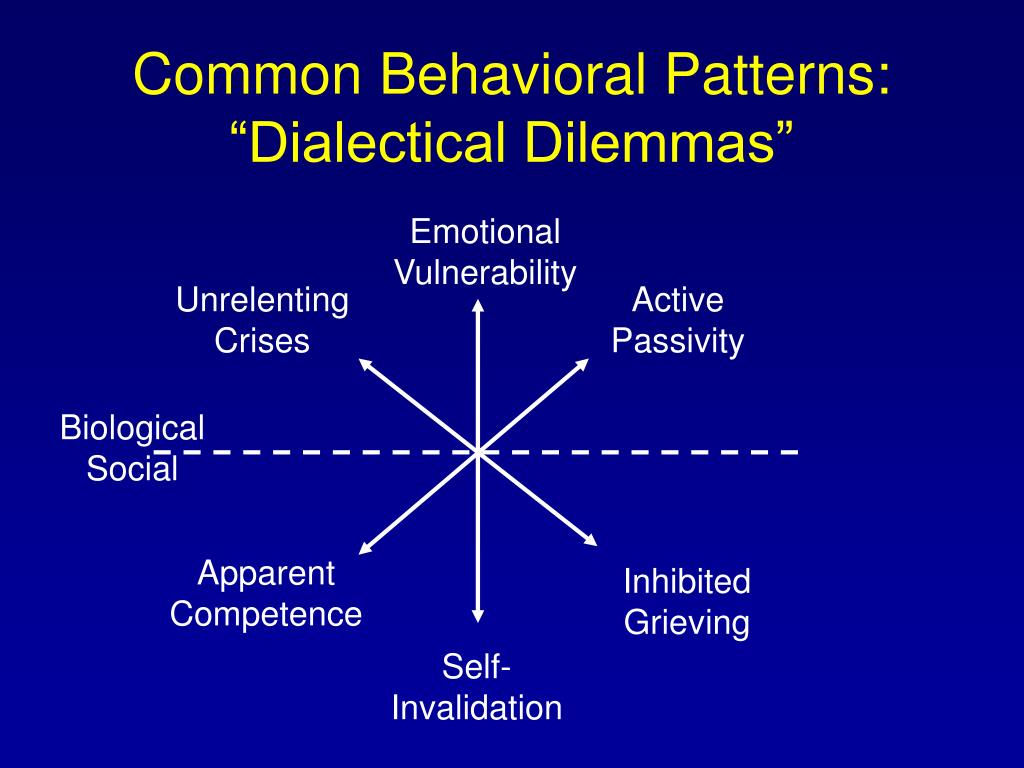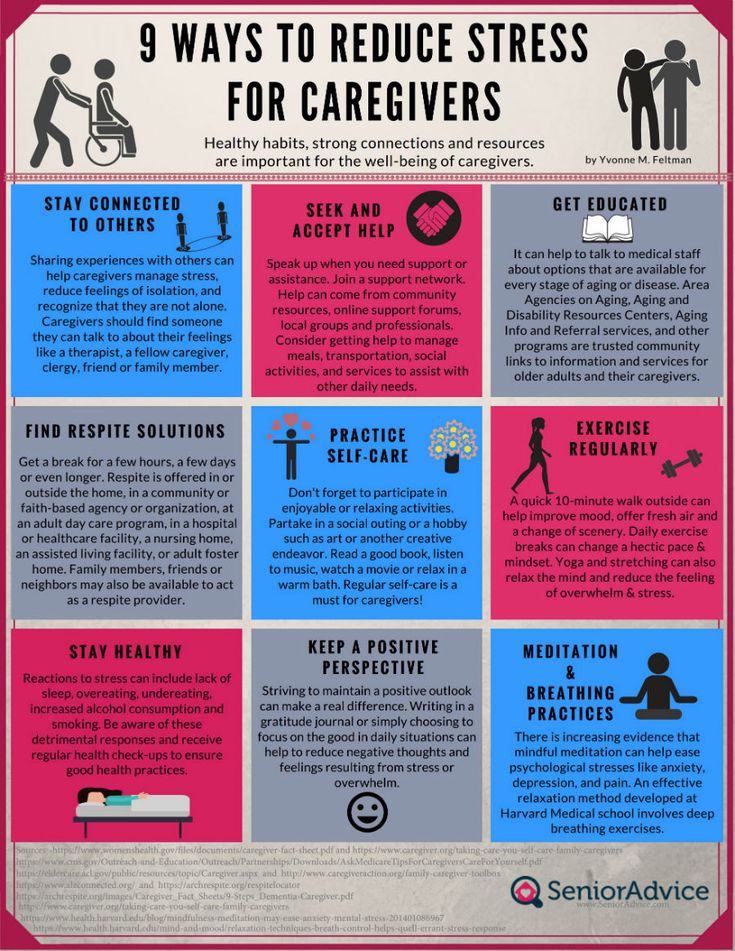Definition of a needy person
11 Habits of Needy People: And How To Deal With Them
Needy people are everywhere. They can be found in the office, in romantic relationships, or even among friends. They have a few common characteristics that make them easy to spot and difficult to deal with.
In this blog post, we will discuss 11 of these habits and how you should handle needy people if you find yourself dealing with one!
Disclaimer: Below may contain affiliate links, I only recommend products that I use and love at no cost to you.
What are needy people and why do they act this way?
A needy person is someone who feels they need more attention and validation than others in a group. They feel the world revolves around them, so it’s hard to get their balance back when anything throws this off-balance.
Needy people are those who constantly need reassurance from others. They might have low self-esteem, a history of emotional trauma, or they could be struggling with addiction issues.
Nobody likes feeling like they are not doing enough or that people don’t care about them, but there are ways you can help alleviate some of these feelings – even if you’re dealing with one at the moment! Regardless of the reason for their behavior, needy people can really wear you down when you don’t know how to deal with them.
Why We All Become Needy at Times
Some people are needy all the time, some need less often and in different ways. But on occasion we all find ourselves needing more than others do from us or feeling like our needs are not being met by those around us.
This can be a challenge for everyone involved if it becomes habitual but there is no shame in asking for help when you really need it, as long as you know how to ask respectfully and patiently – which takes practice!
11 Habits of Needy People
1. They often come across as too clingy.
This is because they need constant reassurance and validation from others.
They may call, text, or ask to hang out frequently. They want to be included and involved in everything going on because of a fear of missing out or being excluded.
A person who needs a lot of attention might not want to be left alone for more than a few hours at a time and feel like they need others to feel comforted and soothed.
Dealing with a clingy person can get exhausting when you have a lot going on in your life. It’s important to set boundaries regarding your availability, while still remaining compassionate of their needs.
2. Needy people tend to be insecure and have low self-esteem.
This is especially seen in their need for external validation. They need it because they aren’t able to give themselves the love and comfort they need.
Some people gravitate toward needy individuals because they need to feel needed. People who are insecure or have low self-esteem may find themselves drawn to these types of people as well. When these two types of people join into a partnership, it often turns into codependency.
Providing reassurance or complimenting a needy person, when appropriate, can help boost their self-esteem and help them become more independent.
3. They are the type of person that will ask you for favors, but they won’t do anything in return.
Needy people often ask for favors, not only for help but also for attention. Asking for a favor is a way of involving you in their lives and this is actually a form of manipulation. These same people are the ones to flake when you are the one in need.
So, if you feel like you’re being taken advantage of, next time they ask for a favor don’t be afraid to say no. You can do so politely but firmly.
4. Needy people want to spend a lot of time with you.
A needy person will often want to spend a lot of time with you, which can be exhausting. This is because they are so starved for positive contact that it’s as if their survival depends on getting enough from other people.
If your friend is too clingy and you need some space, it’s important to set boundaries kindly.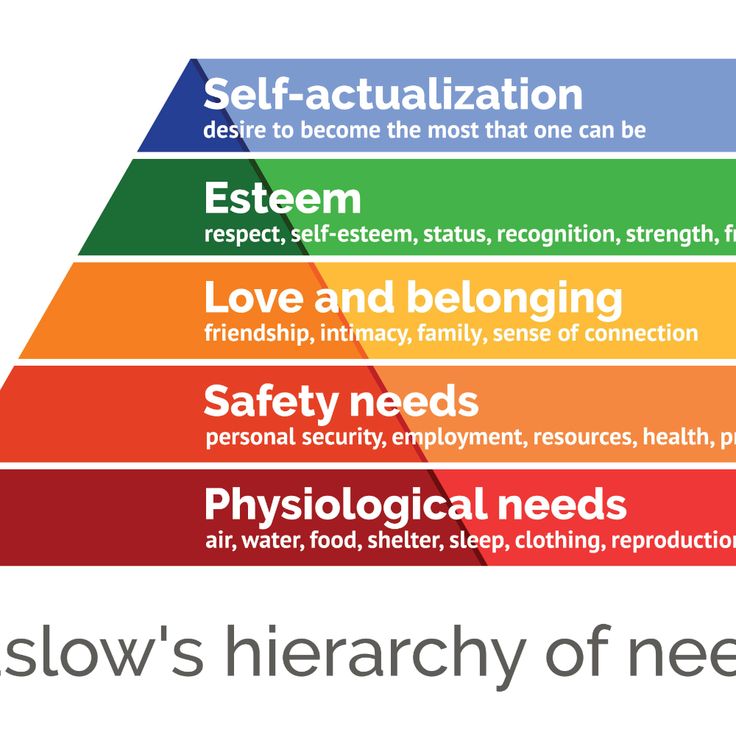 You can tell them that you are busy right now but plan on catching up soon! If they continue being clingy after this statement, then reconsider whether having this friendship is worth all the hassle, and pull back a little until things normalize again.
You can tell them that you are busy right now but plan on catching up soon! If they continue being clingy after this statement, then reconsider whether having this friendship is worth all the hassle, and pull back a little until things normalize again.
5. They don’t know how to communicate their wants or needs.
The needy person does not know how to communicate their wants or needs, so they don’t ask for help. They often feel too vulnerable and inadequate to do so; as a result, they’re unable to get the assistance they need.
Needy people have a difficult time pinpointing the source of their neediness, whether it’s insecurities or low-self esteem. And even if they do know the source, they may feel more inclined to rely on others’ help than figure out how to deal with the core problem at hand.
The inability to communicate their needs may manifest through manipulating you into doing things for them or being overly clingy.
6. They always need someone else’s opinion before making a decision on something.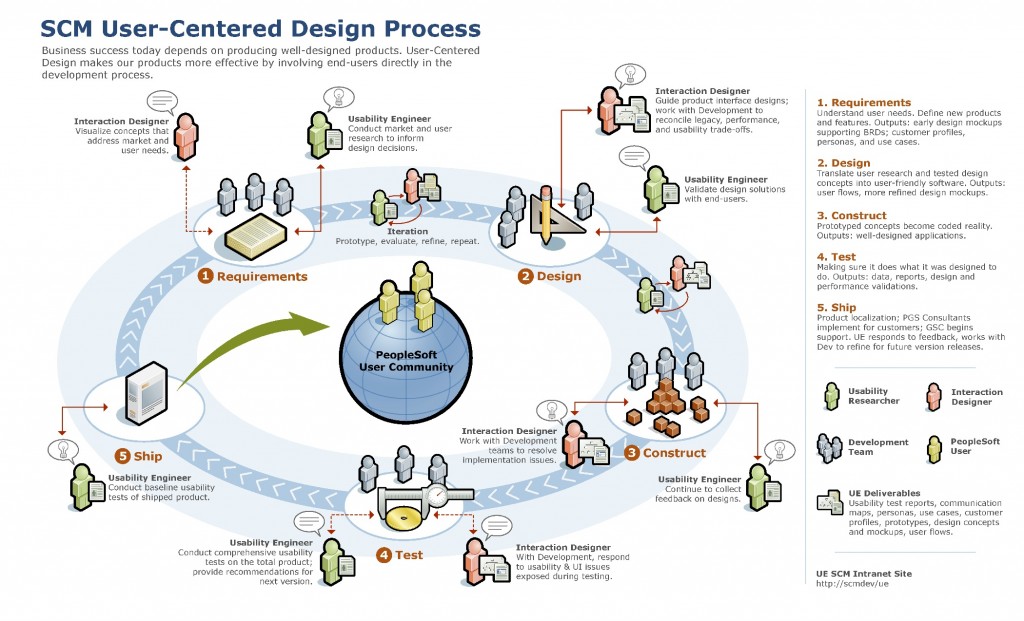
Because of their low-self esteem, needy people aren’t confident in their own decision-making abilities. This person may reach out for advice on what outfits to wear, what they should respond to a text, or what they should name their cat. They’re scared of making the wrong choices so they want to make sure others approve of their choices before they make them.
It’s normal for friends to ask for each others’ opinions from time to time, but when someone asks for your opinion on every small thing that’s going on in their life it can get annoying, especially if the same question gets asked many times over.
7. Needy people seek out help even if it’s not needed
A needy person may reach out for help, even when they’re capable of doing something on their own. This may be a way for them to reach out for attention from someone else.
The next time your needy friend asks you to come over to help with something trivial, let them know you’re busy and give them some words of encouragement to try and do it themselves.
8. They’ll make themselves the center of attention
People who are needy will do anything to make sure they’re the center of attention. They make it difficult for you to have a conversation with anyone else because they want all of your attention; they may interrupt your conversations with others or dominate them by talking about themselves excessively. They may even start arguments to get the spotlight back on them.
In some worst-case scenarios, they may even make themselves sick so others have to take care of them.
9. They won’t take responsibility for their own actions or problems
It’s so tempting to try and help a needy person by taking on their problems as your own. After all, you want them to feel better, right?
The problem is that they won’t take responsibility for anything. It becomes impossible to know where the boundaries are between what should fall on your shoulders and what should fall on theirs. This inevitably leads to resentment on both sides.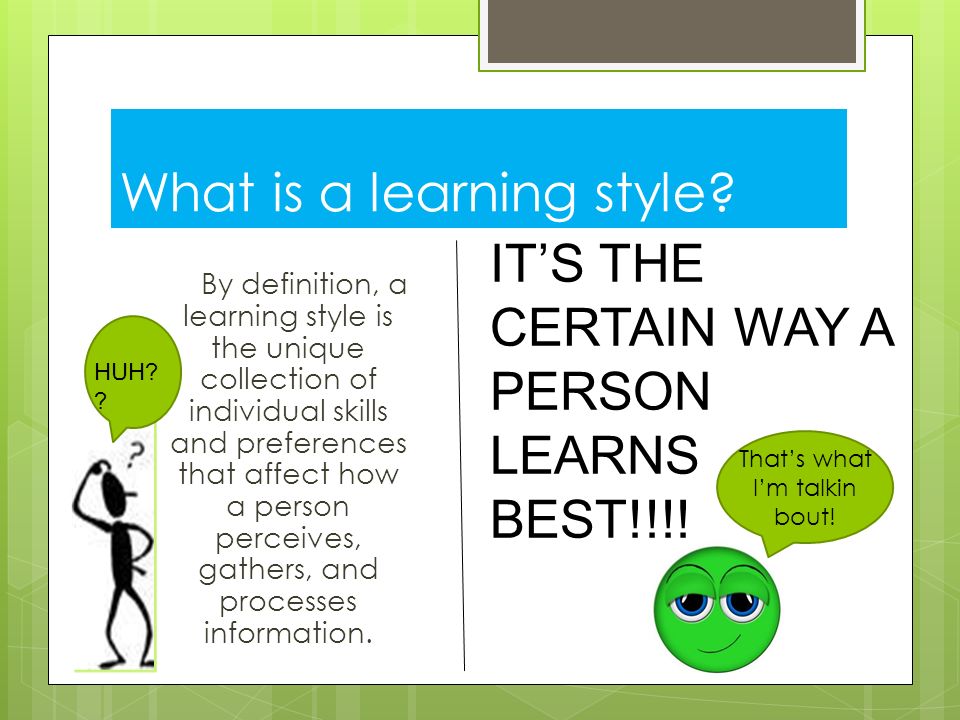
For example, an alcoholic may remain in denial that they have a problem for a long time before they truly start to take responsibility for their addiction. Addicts tend to lean heavily on others for financial and mental support. This can feel burdensome over time.
10. They use guilt as a manipulation tactic
In an attempt to get what they want, needy people will often use guilt as a manipulation tactic. They might say things like “I don’t know why you’re not putting more effort in,” or “You must not care about me.”
The truth is that these statements are designed to make the other person feel guilty for not fulfilling their needs and desires – even when it’s out of their control!
Remember this: It doesn’t matter how helpful someone may seem at first, if they start using guilt on you then chances are they’re actually being manipulative. If anyone starts trying to manipulate you by playing with your emotions (even if it is unintentional) then end the conversation immediately.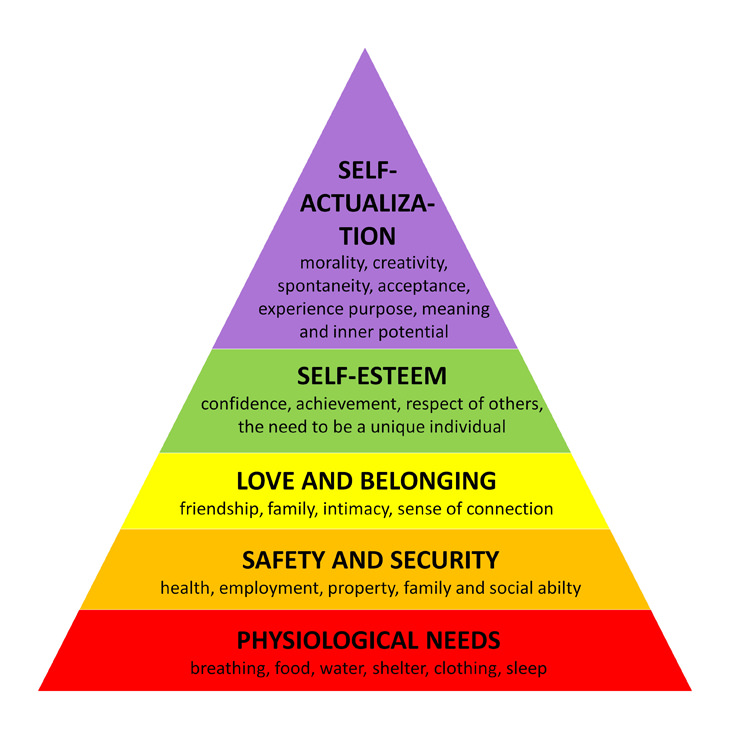
The best way to handle them when they try to manipulate with guilt is by remaining confident and setting your boundaries.
11. They need constant reassurance and validation from others
They are preoccupied with thoughts of whether or not they’re doing a good job, how well their relationship will go, if people like them, and many other worries related to being accepted by others.
This is because deep down inside needy people fear that they can’t be loved for who they truly are so they constantly seek external approval in order to make up for their lack of self-acceptance. As such when you spend time with someone who is needy, it can feel as though the majority of the interaction revolves around comforting and reassuring them.
How to Deal with a Needy Person
It can be really hard to deal with a needy person. These people are usually very emotional and will often try to pressure you into doing what they want.
Give them attention, but sparingly: if this person is someone you care about then spend time hearing them out, comforting them, and hanging out.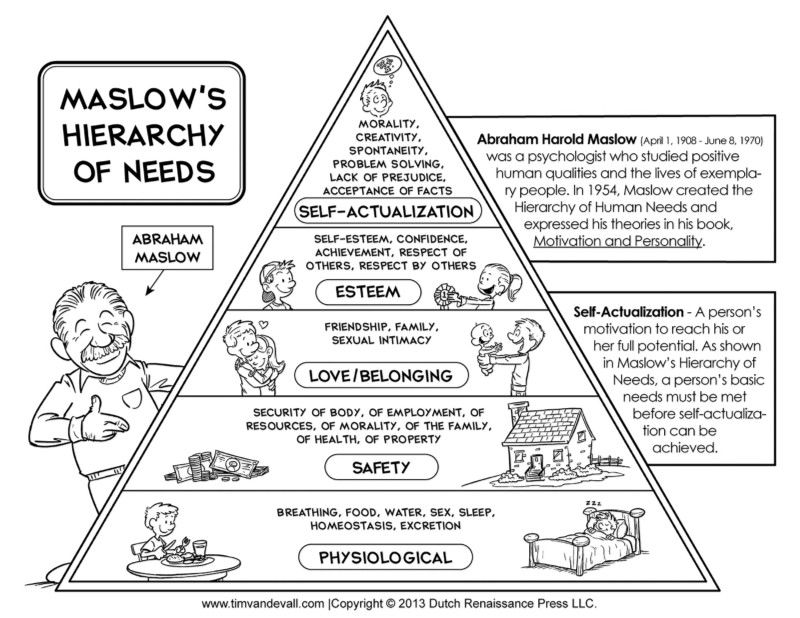 However, if you notice they’re always complaining and asking for comfort on the same topic over and over they may be taking advantage of the attention you’re willing to give.
However, if you notice they’re always complaining and asking for comfort on the same topic over and over they may be taking advantage of the attention you’re willing to give.
Give yourself some space: If they are being really needy then, maybe it’s because they have some unresolved emotional issues. Know that as a friend there’s only so much you can do and, if they feel like too much, pull back a little. Text back a little less often, meet up once a month, instead of once a week.
Don’t enable them: This is especially true if you’re dealing with an addict. Don’t support their behavior by giving them money, or helping them get out of sticky situations. They need to learn ways of managing their money, time, and lifestyle so that they can be strong and independent. You helping with these things only enables them.
Be patient: It is a very frustrating feeling when people are needy all the time but remember that these feelings won’t go away overnight and taking drastic measures may only make things worse in the long run so try to keep some perspective on what they may be going through.
Set boundaries: If you’re not willing to cut ties with the needy person then, it’s important to establish boundaries.
Final Thoughts
Here are some of the most common needy behaviors you’ll encounter and how to deal with them. Remember that at the end of the day, everyone is just trying their best.
It’s important not to take it personally when someone acts in this way, but instead focus on what they’re communicating about themselves through these actions.
What Does It Mean to Be Needy in Relationships?
We often desire affection and assurance from our partners, but at what point does seeking attention become a red flag?
It’s natural to feel the need for your partner to demonstrate how much they care about you. It can be the little gestures of affection in relationships that make you feel valued, appreciated, and loved.
Increasingly demanding and urging for more than your partner is already giving, however, can sometimes be referred to as being needy in a relationship.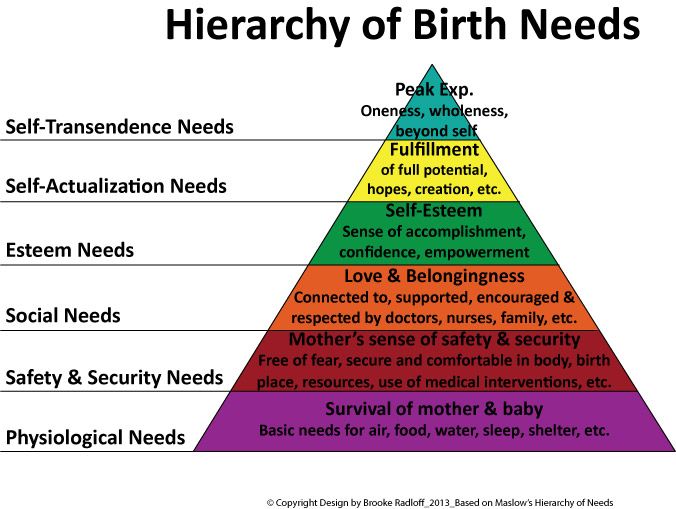
But what does it really mean to be needy and how can you approach the situation without judgment?
Labeling someone as “needy” can be subjective. It can depend on your personality, culture, and background, as much as it can depend on theirs.
What you may assess as needy, may be the standard for someone else. It’s important, then, to try to approach this topic without judgment and with compassion.
If you’re unaccustomed to regular displays of affection, for example, someone’s need for physical and verbal expressions of love could feel excessive to you.
Wanting to be in touch throughout the day, when you’re used to checking in only once a day, can also read as needy behavior.
Everyone has different emotional and relationship needs.
Needing constant reassurance or avoiding a breakup at all costs, even when the relationship doesn’t work, may be a sign that something else is happening, though.
Some of the behaviors that could be labeled as needy in a relationship, but in reality point to something else, include:
- a push for continuous conversation (texting, calling, emailing, social media posting)
- persistently asking for reaffirmations of love
- seeking out compliments
- wanting to spend every moment together
- difficulty making decisions alone
- anger or sadness when partner spends time with other people
- pessimism toward the relationship or cycling pessimism and optimism
- sensitivity to criticism, even when delivered gently
- need for reassurance, not just in the relationship, but often in other areas of life
- acting jealous without evident cause
If you’re reading this wondering, “Am I needy?” you may benefit from looking beyond your current relationship and at your history as a whole.
- Are you seeing the same behavioral patterns in all your relationships, or is it unique to this situation?
- Have you had a recent loss or a significant change in your life that’s making you feel insecure or in need of extra support?
- Is your partner persistently detached or unexpressive?
- Have you experienced infidelity or manipulation in this relationship?
Differences in attachment styles and relationship expectations, as well as core personality components, can also create a dynamic that may lead to a false sense of someone being needy.
If your partner, for example, isn’t used to communicating when or where they’ll be, you might find you’re checking up on them more regularly than you typically would.
Or, you may be with a partner who isn’t as emotionally available. To them, your emotional needs may feel overwhelming.
This doesn’t mean you’re needy. It might be that you both experience romantic relationships differently, or that the relationship itself needs a closer look.
“Needy” is not a clinical diagnosis. It’s a general term used to describe behaviors often viewed as clingy or attention-seeking. But again, this can depend on culture, background, or relationship goals.
Behaviors labeled as needy often have deeper psychological roots. Some of these may be explained through researcher Abraham Maslow’s hierarchy of needs theory.
While the theory has undergone critique and modification since its introduction in 1943, the core construct remains: Human needs arise from a perceived deficiency in important aspects of your life.
These needs include:
- physiological (survival needs)
- safety
- love and belongingness
- esteem and ego
- self-actualization (the drive to seek self-fulfillment and growth)
Some of your experiences may lead you to feel voids in certain aspects of your life, which in turn could make you develop unhealthy relationship patterns.
Reasons for someone to exhibit needy behaviors include:
- fear of abandonment
- dependent personality disorder
- borderline personality disorder
- codependency
- emotional dependence
- childhood trauma
- insecure attachment styles
- history of domestic violence
- trust concerns
- low self-esteem
- impulsivity
- witnessing the same behaviors during childhood
- anxiety disorders
Only a trained mental health professional can explore the root cause of someone’s behavior in a relationship.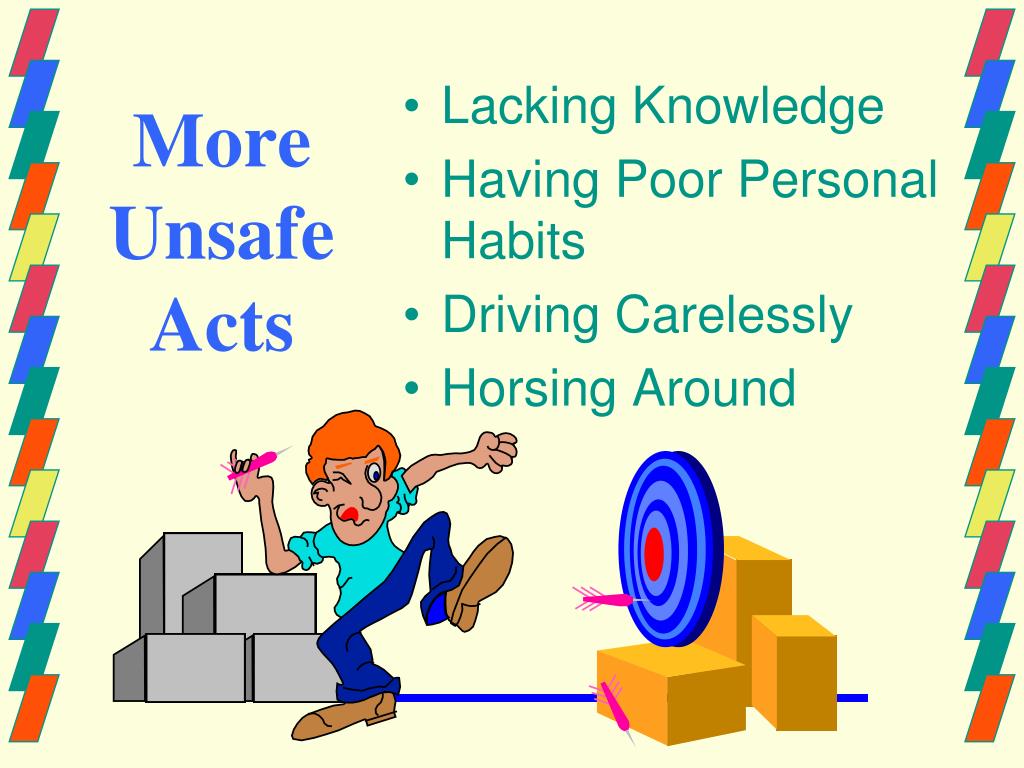 If you feel you or your partner may have faced challenges that are impacting your bond, talking with a therapist can help.
If you feel you or your partner may have faced challenges that are impacting your bond, talking with a therapist can help.
It’s natural to have a reaction when someone else’s relationship style is significantly different from yours.
Openly talking about your individual emotional needs can help establish clear expectations for both of you.
Understanding that what some people may label as needy behaviors often come from unresolved emotional wounds may help you focus on empathy and support.
If you feel you or your partner may be facing other personal challenges, talking about it can also help. It may also be a good idea to avoid judgment and to seek professional help.
A mental health professional can help you explore the root cause of some of these behaviors as well as how to set boundaries in your relationship. You and your partner can both learn what unmet needs are driving these behaviors.
When you have a better understanding of the dynamics at place, you can work together on a way to move forward and strengthen your bond.
When you understand where needy behaviors come from, you can start to work toward ways to satisfy those unmet needs. A mental health professional can help.
This process may involve managing an underlying mental health condition or reassessing limiting core beliefs. Working on coping skills to heal trauma may also help.
You may also benefit from self-building strategies such as:
- practicing self-compassion
- learning to be assertive
- setting personal boundaries (being comfortable saying “no”)
- acknowledging your positives and strengths
- doing activities that are empowering
- tackling challenges on your own
- speaking to yourself in positive and loving language
- learning skills that help you feel self-sufficient
- helping others succeed
- surrounding yourself with positive, supportive relationships
- identifying relationship behaviors you shouldn’t tolerate
Labeling someone as needy is a judgment call that may hurt more than help. What some people may label needy, other people might consider healthy romantic behavior.
What some people may label needy, other people might consider healthy romantic behavior.
In some cases, though, needing constant reassurance and being afraid of not being loved may signal deeper emotional wounds.
These emotional wounds and unmet needs may lead you or your partner to act in ways that could be difficult to manage.
Speaking with a mental health professional can help you discover the causes of neediness. It could also help you work on your relationship from a place of compassion and understanding.
Healing emotional wounds is possible and often leads to stronger and more stable relationships.
The Supreme Court called the criteria for recognizing a person in need of housing
The state is very strict about registering as in need of housing or in order to receive a lump sum social payment for the purchase of housing. So, a person may be refused because of an incomplete package of documents, or if he intentionally worsened his living conditions, for example, he sold his home or checked out of there on the eve of filing an application. The Supreme Court spoke about this recently.
The Supreme Court spoke about this recently. Ivan Donin* served in the penitentiary system for more than 10 years, had the special rank of major of the internal service. He and his son were registered for a long time and lived with their mother, since they did not have their own housing. In 2013, Donin checked out of this apartment, and less than two months later, he applied to the territorial subcommittee of the Main Directorate of the Federal Penitentiary Service of Russia for the Chelyabinsk Region with a request to register him, his wife and son for receiving a lump sum social payment for the purchase or construction of housing. The Chelyabinsk subcommittee sent Donin's documents to the Federal Penitentiary Service of Russia, but there the major was refused registration due to the failure to provide documents from the places of residence for certain periods. Donin considered this refusal illegal and appealed against it in court. nine0003
The Metallurgical District Court of Chelyabinsk satisfied Donin's claims, recognized the decision of the commission of the Federal Penitentiary Service of Russia as illegal and ordered the department to register the major's family.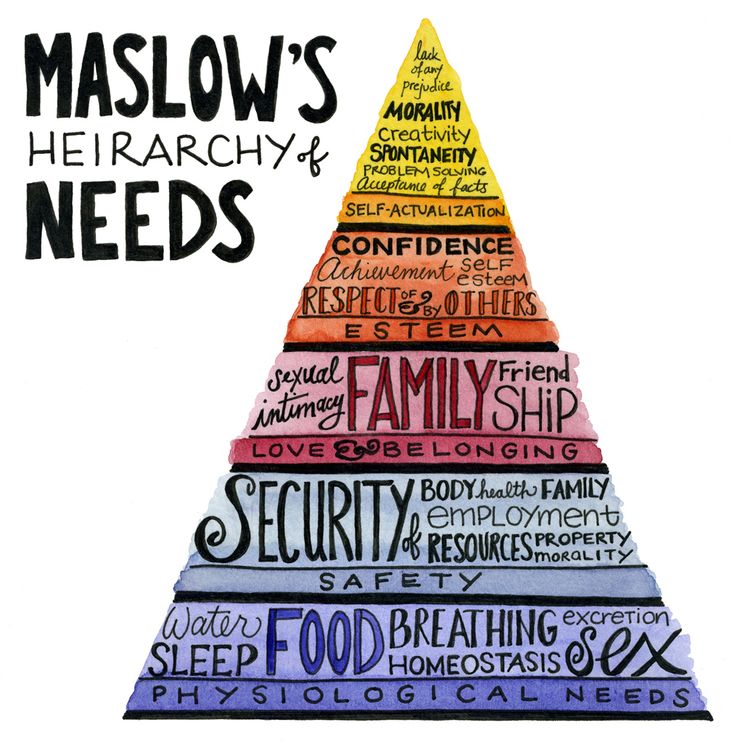 The court proceeded from the fact that Donin provided all the necessary documents confirming the conditions and grounds with which the law connects the right to receive payment. In addition, according to the court of first instance, Donin's failure to submit certain documents cannot limit his right to receive payment. The court also noted that Donin's mother is not a member of his family, since they do not live together and do not run a common household. Therefore, the fact that Donin was discharged from his mother's apartment (in which all registered persons were provided with a total living area of more than 15 sq.m for each) cannot be taken into account when determining the provision of his family with living space. This means that Donin has the right to a one-time social payment and must be registered. The Chelyabinsk Regional Court agreed with this conclusion and left the decision of the court of first instance unchanged. nine0003
The court proceeded from the fact that Donin provided all the necessary documents confirming the conditions and grounds with which the law connects the right to receive payment. In addition, according to the court of first instance, Donin's failure to submit certain documents cannot limit his right to receive payment. The court also noted that Donin's mother is not a member of his family, since they do not live together and do not run a common household. Therefore, the fact that Donin was discharged from his mother's apartment (in which all registered persons were provided with a total living area of more than 15 sq.m for each) cannot be taken into account when determining the provision of his family with living space. This means that Donin has the right to a one-time social payment and must be registered. The Chelyabinsk Regional Court agreed with this conclusion and left the decision of the court of first instance unchanged. nine0003
The representative of the Main Directorate of the Federal Penitentiary Service of Russia for the Chelyabinsk region filed a cassation complaint with the Supreme Court. He noted that the court of first instance incorrectly determined that Donin and his son were not members of Donin's mother's family. According to Part 1 of Art. 31 of the LCD, family members of the owner of housing are his spouse living together with him, as well as children and parents; in order to recognize the named persons as members of the owner's family, it is sufficient to establish only the fact of their joint residence and it is not required to establish the facts of their running a common household, providing mutual material and other support. According to the Supreme Court, Donin's actions to de-register at the place of residence of his mother, as well as his voluntary renunciation of the right to use this residential premises, may indicate the intentional creation of a need for housing - and this is the reason for refusing to register 8 article 4 of law No. 283-FZ). The Supreme Court also criticized the conclusion of the courts that Donin's failure to submit documents from the places of residence for certain periods cannot limit his right to receive a lump sum social payment.
He noted that the court of first instance incorrectly determined that Donin and his son were not members of Donin's mother's family. According to Part 1 of Art. 31 of the LCD, family members of the owner of housing are his spouse living together with him, as well as children and parents; in order to recognize the named persons as members of the owner's family, it is sufficient to establish only the fact of their joint residence and it is not required to establish the facts of their running a common household, providing mutual material and other support. According to the Supreme Court, Donin's actions to de-register at the place of residence of his mother, as well as his voluntary renunciation of the right to use this residential premises, may indicate the intentional creation of a need for housing - and this is the reason for refusing to register 8 article 4 of law No. 283-FZ). The Supreme Court also criticized the conclusion of the courts that Donin's failure to submit documents from the places of residence for certain periods cannot limit his right to receive a lump sum social payment.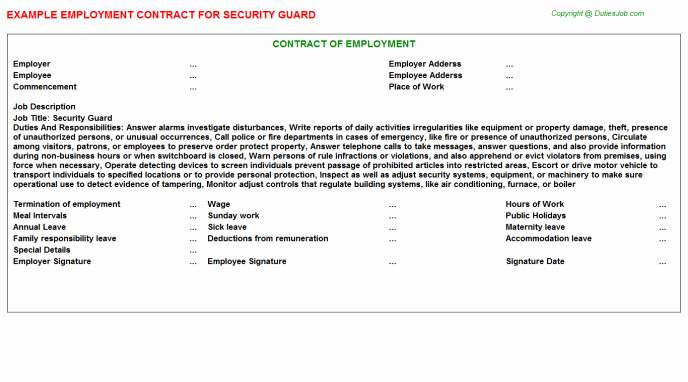 This means that the lower courts did not establish Donin's need for housing, as well as his failure to commit intentional actions that led to the deterioration of living conditions. Therefore, the Supreme Court canceled the earlier decisions and sent the case for a new trial to the court of first instance (No. 48-KG17-17). To date, the case has not yet been considered. nine0003
This means that the lower courts did not establish Donin's need for housing, as well as his failure to commit intentional actions that led to the deterioration of living conditions. Therefore, the Supreme Court canceled the earlier decisions and sent the case for a new trial to the court of first instance (No. 48-KG17-17). To date, the case has not yet been considered. nine0003
"The courts had to establish whether the plaintiff was moved into the apartment as a family member and whether his deregistration actions deliberately worsened housing conditions. These are important points. In practice, the courts often do not establish these circumstances, although they have a decisive importance for resolving the dispute,” explained Vladimir Starinsky, managing partner of Starinsky, Korchago and Partners.
* – first and last name changed by the editors.
nine0014Long term care system | stavcson.
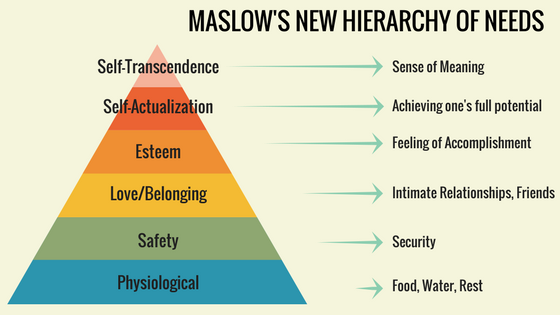 ru
ru No. 81-rp approved the Action Plan (“road map”) for the creation of long-term care for the elderly and disabled living in the Stavropol Territory for 2019-2021. According to preliminary forecasts, the implementation of the Plan will make it possible to systematize the provision of long-term care services to the elderly and disabled in the Stavropol Territory, including support for family care, social services and home health care, in a semi-permanent and inpatient form. nine0003
Long-term care is a complex of measures that includes care, rehabilitation, habilitation, socialization, psychological support, which allows compensating for limitations in life and reducing dependence on outside help, and ensuring the preservation of a person's quality of life.
State budgetary institution of social services "Regional Center for Social Services for Elderly and Disabled Citizens" by order of the Ministry of Labor and Social Protection of the Population of the Stavropol Territory is included in the list of social service institutions participating in the pilot project to create a system of long-term care for the elderly and disabled living in the Stavropol Territory, since 2019of the year.
The long-term care system is a comprehensive system aimed at providing every person with persistent disability leading to dependence on outside help with a comprehensive quality of life support system with the highest possible level of independence, autonomy, participation in activities, self-fulfillment.
- compensation for permanent disability (impairing factors) of a recipient of long-term care services; nine0016
- maintaining independence, autonomy, autonomy of the recipient of long-term care services;
- ensuring a decent quality of life for people dependent on outside help;
- support for relatives or others involved in the care of long-term care recipients.
The long-term care system includes 3 main steps :
- detection; nine0016
- typing;
- care and support.
Identification involves obtaining and transmitting information about potential recipients of social services in order to provide citizens with the fullest opportunity to choose and receive services in the long-term care system. The long-term care system retains a declarative nature, but in its work it uses a revealing principle of work based on interagency cooperation, which is implemented with the involvement of healthcare professionals, social protection and other departments. nine0003
The long-term care system retains a declarative nature, but in its work it uses a revealing principle of work based on interagency cooperation, which is implemented with the involvement of healthcare professionals, social protection and other departments. nine0003
Typization is the process of determining the individual needs of a citizen with the subsequent assignment of a certain set of services within the established care group, depending on the number of points scored as a result of the assessment.
Typification is carried out by employees who have completed a special training course in the form of an interview at the place of residence of the recipient of social services. The results of the interview are entered into the typing form. The same workers evaluate the social (family) status and other criteria that reduce a person's vital activity. Based on the result of the interview and other criteria, a person falls into one of the care groups (functioning groups). There are only 6 care groups - from 0 to 5. Group 0 includes people who have completely retained independence in actions in everyday life, whose ability to self-care and movement is preserved. The higher the group, the stronger the person's dependence on outside help. Persons from group 5 have a complete loss of the ability to self-service and movement, they are completely dependent on outside help. nine0003
There are only 6 care groups - from 0 to 5. Group 0 includes people who have completely retained independence in actions in everyday life, whose ability to self-care and movement is preserved. The higher the group, the stronger the person's dependence on outside help. Persons from group 5 have a complete loss of the ability to self-service and movement, they are completely dependent on outside help. nine0003
The results of the typing are one of the sources of information for drawing up an individual program for the provision of social services, and then - an individual plan of care.
Today, every citizen who applied to the institution for receiving social services goes through the procedure of typification and the procedure of recognition as needing social services. Depending on the group of functioning, the hours spent per week on care are distributed, taking into account the external resources of the recipients of social services, i.e. relatives, neighbors, public organizations, etc. If for persons assigned to the 1st group of functioning it is necessary up to 3 hours a week, then for persons with the 5th group of functioning, up to 4 hours of care per day are necessary. nine0003
If for persons assigned to the 1st group of functioning it is necessary up to 3 hours a week, then for persons with the 5th group of functioning, up to 4 hours of care per day are necessary. nine0003
An individual program for the provision of social services is a document that specifies the form of social services, types, terms, volume, frequency, conditions, and a list of recommended social services.
The care plan is an expanded list of manipulations for the care of a recipient of social services. Includes a list of citizen resources - i.e. those manipulations that the recipient of social services can perform independently, and a list of his problems, i.e. those manipulations in the implementation of which he needs help. Based on the available resources and the identified problems, a list of care manipulations is compiled. The following points are prescribed in the care plan: who performs the problem manipulation, when, how and where. Those. care plan is a program, a sequence of actions of a social worker to care for a recipient of social services.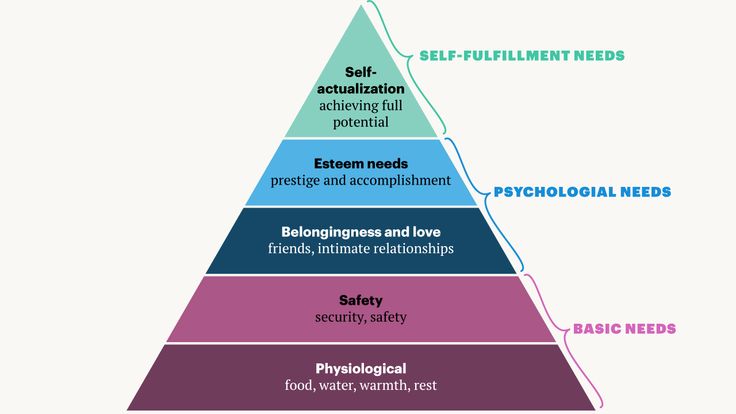 The care plan specifies the timing of the manipulations (for example, the time of the morning hygiene procedures), the place of their implementation (for example, feeding the recipient of social services within the bed or accompanying him to eat in the kitchen), the features of the manipulations for care (for example, if the recipient of social services does not hear well or does not understand well the speech addressed to him, it is necessary to speak loudly, clearly, in simple phrases and make sure that he understood what was said), if any manipulations are performed by relatives, this is also indicated in the care plan (for example, the daughter does the laundry bed linen, and the social worker once a week changes bed linen and takes it to a specially designated place). nine0003
The care plan specifies the timing of the manipulations (for example, the time of the morning hygiene procedures), the place of their implementation (for example, feeding the recipient of social services within the bed or accompanying him to eat in the kitchen), the features of the manipulations for care (for example, if the recipient of social services does not hear well or does not understand well the speech addressed to him, it is necessary to speak loudly, clearly, in simple phrases and make sure that he understood what was said), if any manipulations are performed by relatives, this is also indicated in the care plan (for example, the daughter does the laundry bed linen, and the social worker once a week changes bed linen and takes it to a specially designated place). nine0003
You can find out detailed information about the provision of social services within the framework of the long-term care system for the elderly and disabled by calling one of the following numbers:
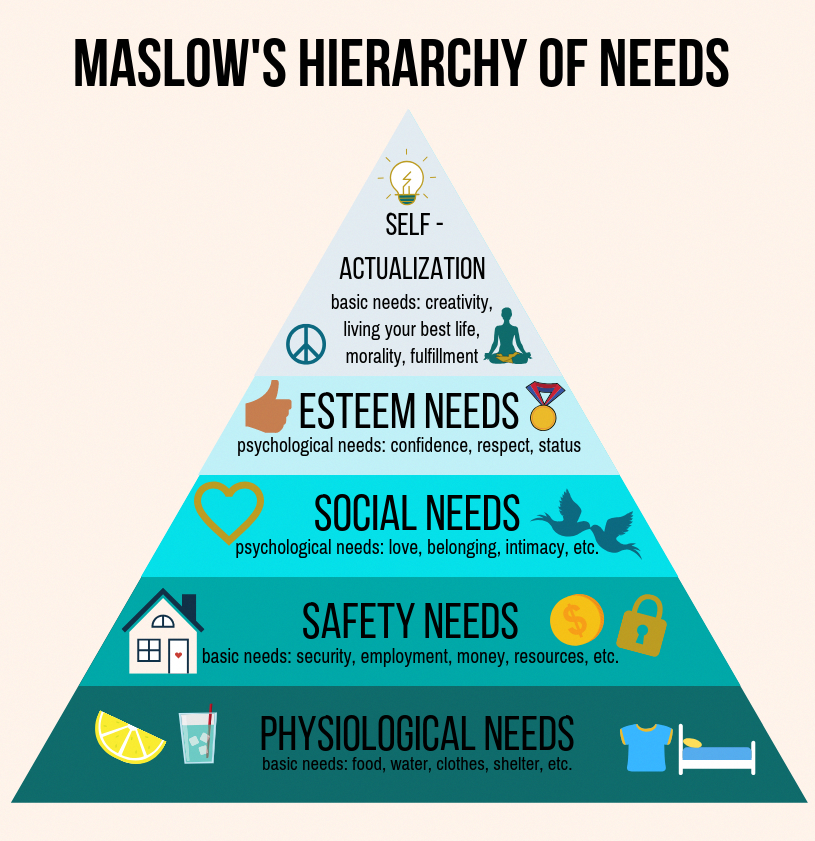
School for relatives to care for seriously ill family members.
Assistance, support and care in long-term care is provided either by specialists or by relatives (community). Full assistance depends, first of all, on how the work of specialists and families, relatives, other people caring for their loved ones will be coordinated, how functions and time will be distributed between them, how much this coordination will provide comprehensive, ongoing assistance, support and support. needy person. In addition, comprehensive measures are needed to support informal care, which include, among other things, organizational, advisory, psychological assistance, the opportunity to acquire the necessary skills (schools of care). nine0003
In order to support family care, facility has established a school for relatives to care for seriously ill family members . Classes at the nursing school are conducted by specially trained staff of the institution - a general practitioner and a nurse. Two rooms are equipped for conducting classes in the institution: a classroom for conducting theoretical classes, equipped with a video projector and a large screen for demonstrating theoretical material; the second room is designed for practical training and is equipped with equipment for practicing practical care skills. It has a multifunctional bed, technical means of implementation - a wheelchair, walkers, canes, crutches, care products - diapers, boats, feeding devices, tools that facilitate the process of caring for a seriously ill person - special sliding sheets for moving patients, boards and transfer belts. Classes are held in individual and group forms. It is possible to conduct classes at home (in cases where relatives cannot leave a sick family member unattended and attend classes at a nursing school). All classes at the Nursing School are free of charge. You can get advice or sign up for classes at the nursing school by calling 73-84-79from Monday to Friday from 08.30 to 17.
Two rooms are equipped for conducting classes in the institution: a classroom for conducting theoretical classes, equipped with a video projector and a large screen for demonstrating theoretical material; the second room is designed for practical training and is equipped with equipment for practicing practical care skills. It has a multifunctional bed, technical means of implementation - a wheelchair, walkers, canes, crutches, care products - diapers, boats, feeding devices, tools that facilitate the process of caring for a seriously ill person - special sliding sheets for moving patients, boards and transfer belts. Classes are held in individual and group forms. It is possible to conduct classes at home (in cases where relatives cannot leave a sick family member unattended and attend classes at a nursing school). All classes at the Nursing School are free of charge. You can get advice or sign up for classes at the nursing school by calling 73-84-79from Monday to Friday from 08.30 to 17.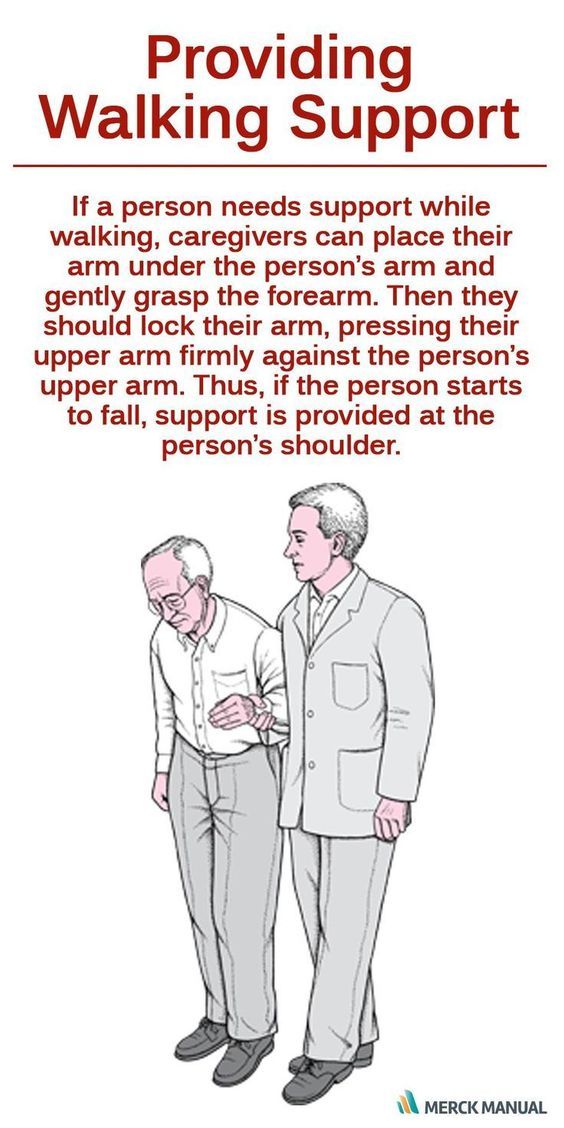 00, Saturday, Sunday - days off.
00, Saturday, Sunday - days off.
Day care group for senior citizens and disabled people with cognitive impairments.
Cognitive disorders personality are specific disorders that occur in the cognitive sphere of a person and include the following symptoms: memory loss, intellectual performance and a decrease in other cognitive processes of the brain in comparison with the personal norm (initial level) of each person. nine0003 A day care group for elderly and disabled citizens was created in the institution in order to implement a set of measures aimed at ensuring social adaptation and psychological support for elderly citizens and disabled people with cognitive impairments recognized as in need of social services in a semi-stationary form of social service, and also to provide psychological, health-improving and informational assistance to citizens caring for them, as well as to provide the opportunity for short-term, according to medical recommendations and conclusions (up to a maximum of 4 hours) day stay of elderly citizens and disabled people with cognitive impairment. The work program of the day stay group includes a complex of recreational activities (apparatus massage, physiotherapy as prescribed by a doctor, oxygen cocktail), physiotherapy exercises, training on simulators, examination by a general practitioner and a physiotherapist, sessions with a psychologist aimed at relieving emotional stress, correction of existing cognitive impairments, organization of leisure activities according to interests. Delivery of elderly citizens and disabled people to day stay groups on the transport of the institution is carried out. Free meals are provided to visitors of day stay groups. nine0003 The room for the work of the day stay group is equipped with the necessary equipment and consumables. Citizens are given the opportunity to relax in comfortable recliner chairs, in which they can take a comfortable body position. Equipped with a sensory room for relaxation sessions, psychological unloading. There is a separate room for eating, a separate bathroom. Delivery of visitors, both to day-care groups and back home, is accompanied by a social worker. Payment for social services is collected from citizens in accordance with the Federal Law "On the Fundamentals of Social Services for Citizens in the Russian Federation" No. 442-FZ dated December 18, 2013. For more information or to apply for a visit to a day care group, call 73-85-30. Rental point for technical means of care and rehabilitation One of the services of the long-term care system is the rental of technical care and rehabilitation equipment. Rental services are provided to citizens who are recognized as in need of long-term care. For such categories of citizens, technical means of care and rehabilitation are provided for rent on the basis of an application free of charge. The rental point is equipped with modern rehabilitation equipment, crutches, walkers, canes, wheelchairs, multifunctional beds, anti-decubitus mattresses, boats, chairs with sanitary equipment, bath seats, inflatable bathtubs and headrests for bathing and washing the head of bedridden patients , sliding sheets, transfer belts, boards for moving people with limited mobility, etc. More information about the activities of the rental point can be found in the section "Rental point of technical means of care and rehabilitation" or by phone 72-80-46. Training for work in the long-term care system Social workers and nurses of the institution have the skills of practical care for seriously ill citizens. They are trained and regularly improve their skills on the basis of GAU DPO "Center for advanced training and professional training of social workers." nine0003 In addition, caregivers are equipped with devices that facilitate their manipulations in the care of seriously ill recipients of social services - special sliding sheets for moving bedridden patients, belts for transferring social service recipients, special boards used to transfer social service recipients from bed to bed. nine0003
nine0003  For physical therapy classes, there are simulators for various muscle groups. The psychological assistance room is equipped with the Neyronika software package designed for cognitive rehabilitation. nine0003
For physical therapy classes, there are simulators for various muscle groups. The psychological assistance room is equipped with the Neyronika software package designed for cognitive rehabilitation. nine0003 

Learn more
